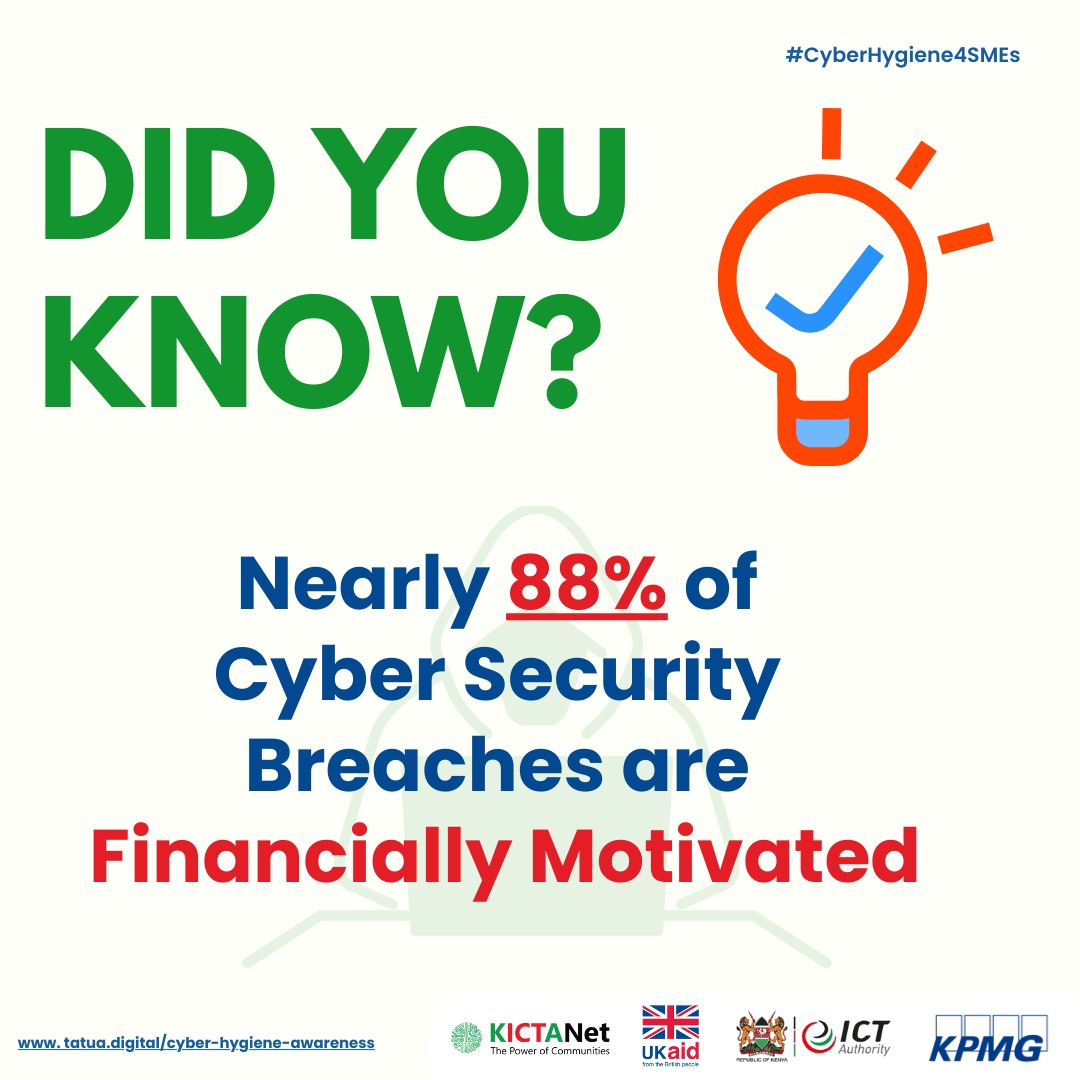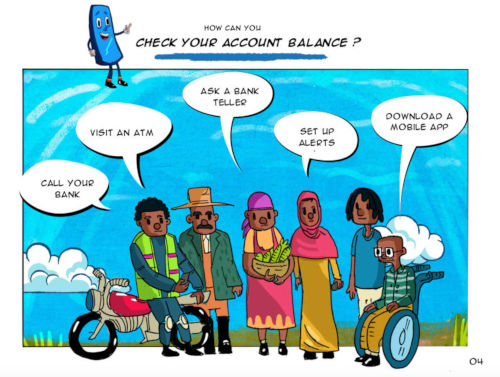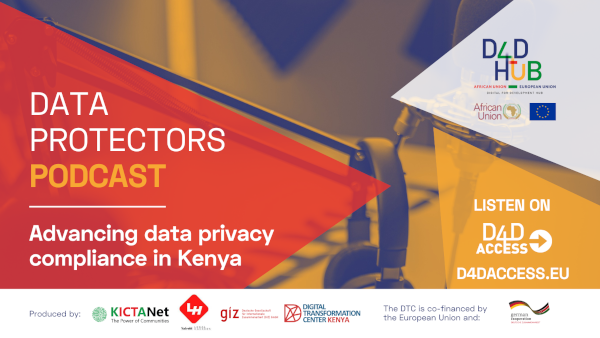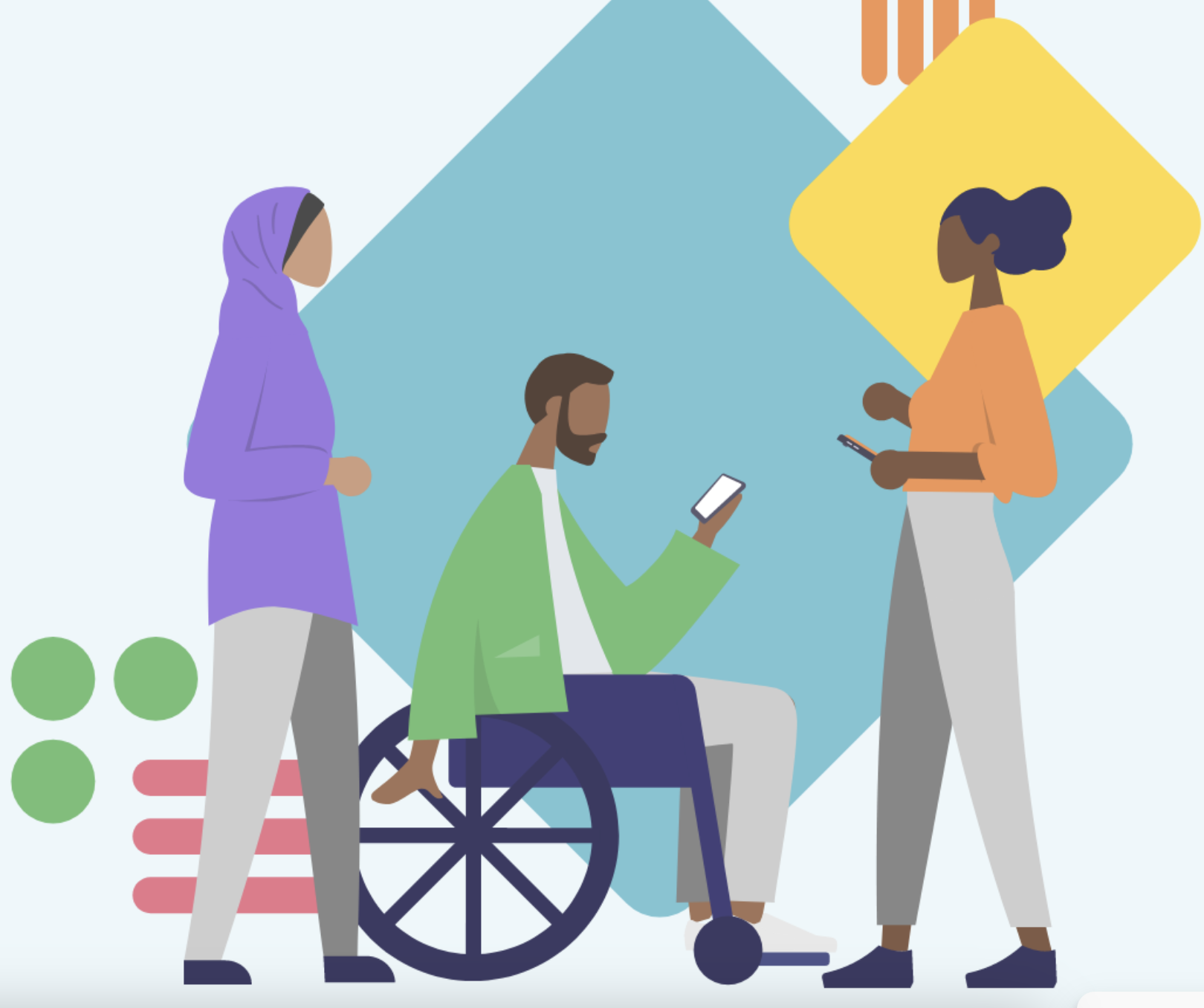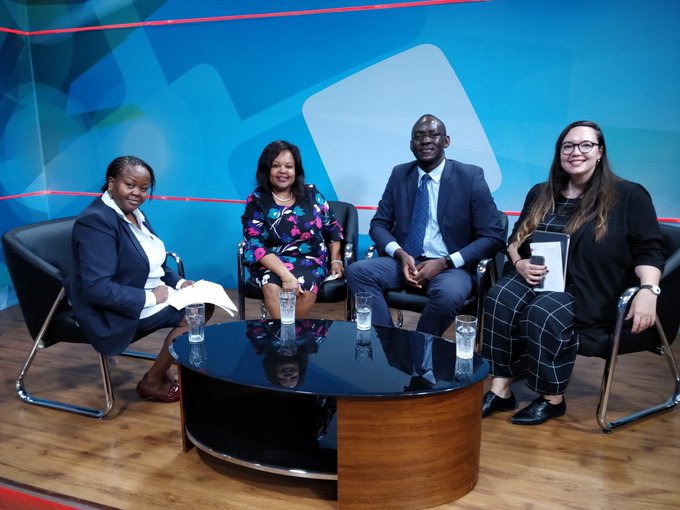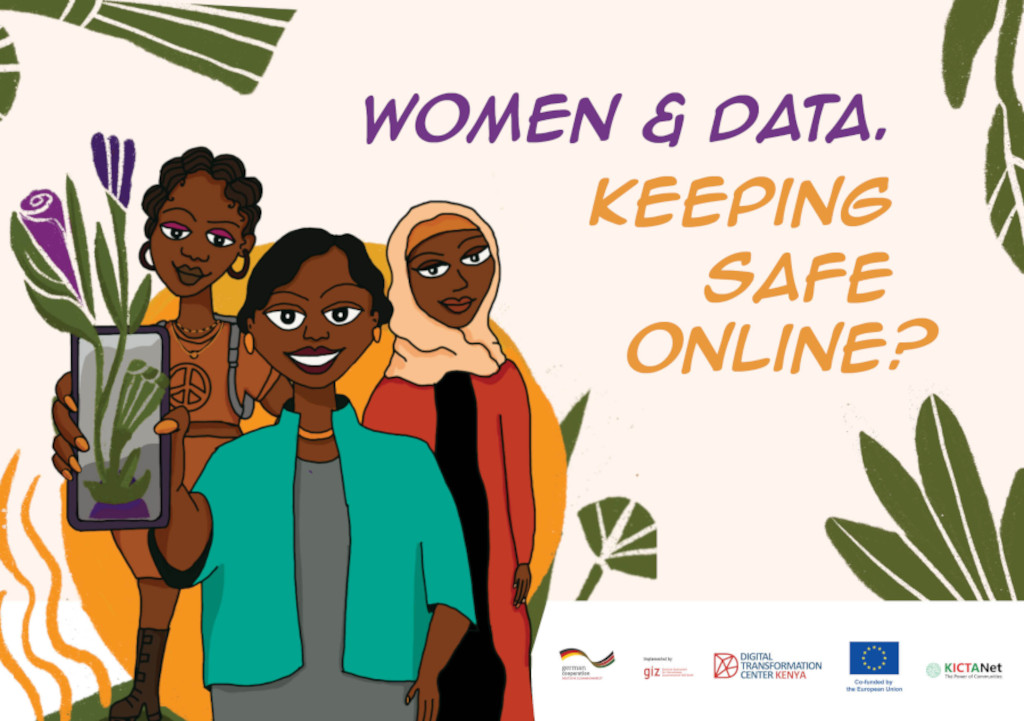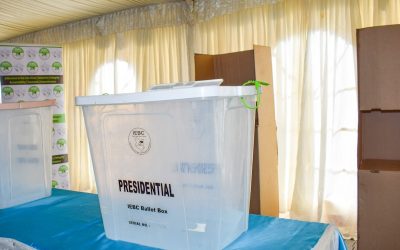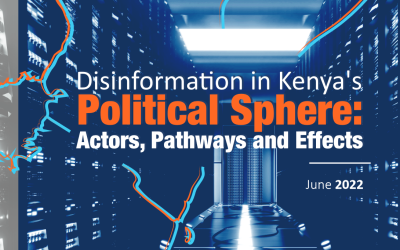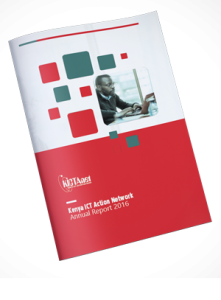KICTANET POST : Latest news, events & opportunities
ICTs Access and Equality for Persons with Disabilities (PWDs) in Kenya
An estimated 2.2% of Kenyans, which translates to 0.9 million people, live with some form of disability. Article 54 of the Constitution of Kenya, 2010 guarantees all persons with disabilities (PwDs) the right to reasonable access to information. Kenya has also signed...
Will IEBC Stream Presidential Results at Bomas?
By Walubengo John. Last week we discussed the issue of manual vs digital registers with regard to voter identification. Whereas this issue has been widely covered in the media, there is very little coverage and discussion around the results transmission system (RTS)...
Kenya Elections: Manual vs Digital Registers Debate
By Walubengo John. We had this debate five years ago in 2017 and the protagonists took different sides. Thanks to the short memories of Kenyans, politicians can without blinking an eye take different positions depending on the day’s weather - without expecting to be...
Open-Ended Working Group on Security of and in the Use of Information and Communications Technologies 2021-2025
By Grace Githaiga, Convenor, KICTANet, 27 July 2022. Statement by KICTANet during the Third Substantive Session of the Open-Ended Working Group on Security of and in the Use of Information and Communications Technologies 2021-2025, UN Headquarters, New York. Mr Chair,...
KICTANet Meets EU Election Observation Mission Team
On Monday, (July 25, 2022), representatives from the Kenya ICT Action Network (KICTANet) Observer Group met with members of the European Union Election Observer Mission (the EU EOM). During the meeting, the teams discussed their roles in the upcoming general election...
Do we always need consent to process personal data?
By Martha Moraa. Introduction. Should I ask for consent every time I process personal data? The answer to that question is a No. It is a common misconception that consent is required for all data processing activities. Organisations seem to be stuck on the...
Meaningful Connectivity Key to Unlocking Potential of ICTs in Kenya
By Chiimbiru Gimode, & Nancy Marangu, Connectivity holds the promise of empowering citizens to leverage the transformative potential of ICTs to solve everyday challenges. In today's increasingly connected world, access to efficient communications services,...
Kenya’s 2022 Political Sphere Overwhelmed by Disinformation
Written by Liz Orembo and Grace Githaiga There is a lot of strange information going around the country, and this has been happening for a while. During the Kenya Internet Governance Forum (IGF) week, the Kenya ICT Action Network (KICTANet) in partnership with the...
KICTANet Engages the IEBC on the use of ICTs for a Smooth and Credible Election Process
On 12th June, the Kenya ICT Action Network (KICTANet) paid a courtesy call to Kenya’s elections management body, the Independent Elections and Boundaries Commission (IEBC). The aim of this meeting was to discuss the role of technology in the upcoming elections...
KICTANet is a multi-stakeholder Think Tank for ICT policy and regulation. The Think Tank is a catalyst for reform in the Information and Communication Technology sector. Its work is guided by four pillars of Policy Advocacy, Capacity Building, Research, and Stakeholder Engagement.
KICTANet’s mission is to promote an enabling environment in the ICT sector that is robust, open, accessible, and rights-based through multistakeholder approaches.
During the 2022 – 2024 strategic period, KICTANet has prioritised the promotion of effective multistakeholder participation; an enabling legal, policy and regulatory environment; building capacities and empowered communities; and institutional strengthening. KICTANet’s guiding philosophy encourages synergies in ICT policy-related activities and initiatives. As such, the network provides mechanisms and a framework for continuing cooperation, engagement and collaboration in ICT matters among industry, technical community, academia, media, development partners, civil society and government.
_____
Strategic Priority.
- Convening power. To strengthen and promote engagement, collaboration and relationships with relevant stakeholders (state, business and non-state actors).
- Promoting an enabling environment. To catalyse policy, legislative and regulatory reforms in the ICT sector.
- Building capacities and empowered communities. To build the capacity of the stakeholders across government, business society and civil society and the citizens.
- Institutional strengthening.
The report outlines the work undertaken in between 2007 and 2016 which is underpinned by crowd sourcing and community engagement
Click here to download the report
FACTS AND FIGURES
Achievement of the Network over the Years
Publications
Thought Leadership Forums
Persons trained
Policy Interventions
Conversations in KICTANET listserv
Active listers contributing often
Different conversation threads
Impressions on ICT policy discussions
Our Pillars
KICTANet’s organisational strategy:
Policy Advocacy
Capacity building
Research
Stakeholder engagement
We facilitate stakeholder engagement through collaborative initiatives in face-to-face Town Hall meetings, and in the KICTANet?s interactive mailing list where multiple stakeholders engage regularly on ICT policy issues.


